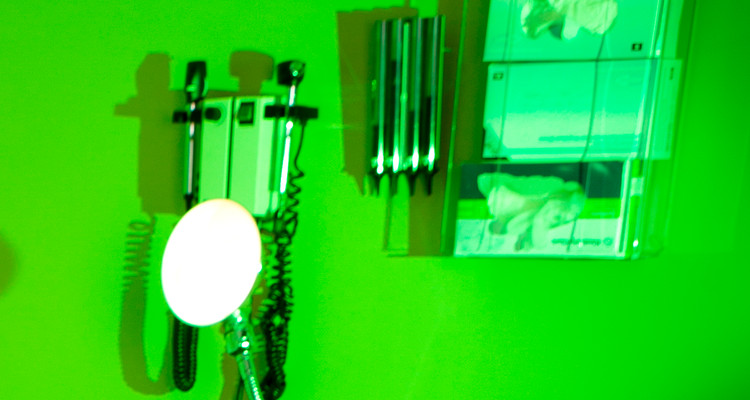Yes, I made up the word “holisticity,” but it felt like the right way to describe what I am seeing in the health care communication space.
A log of my time in recent months, and likely into the foreseeable future, displays a significant engagement with leaders and managers in health care communication. In making them aware of the new MS in Health Care Communication, an equal amount of energy gets applied to listening: learning what resonates with them about the program, and why.
Since beginning to have conversations about a communication degree with a health care focus, it has proven interesting that these practitioners seem to view the industry as interdependent at all levels. These leaders are aligned with the idea that, to appropriately fulfill their work in one segment, a robust understanding of the entire health care ecosystem is important; that much like any living organism, things that impact the extremities may ultimately impact the core.
This perspective marks a start contrast to the technology field, where I have spent a good chunk of my career. Certainly the tech space is less regulated, but arguably no less interdependent on many levels. However, the tendrils of influence and concern seem to stay in the much more direct lines of impact, ignoring eddies and undercurrents that might eventually swirl profitably or dangerously nearby.
Perhaps it is the fact that, ultimately, the deliverables for every health care organization are outcomes that impact more than a “user experience,” but potentially extend “user existence.” For the communicator, it brings home the concept of viewing our work as being directed to stakeholder implications, rather than simply shareholder equity. This holistic understanding of the, capital “H” and C,” Health Care space is at the core of the MS in Health Care Communication – because that’s what leaders expect.
Dr. Michael C. Porter, APR is director of the Opus College of Business MS in Health Care Communication.







